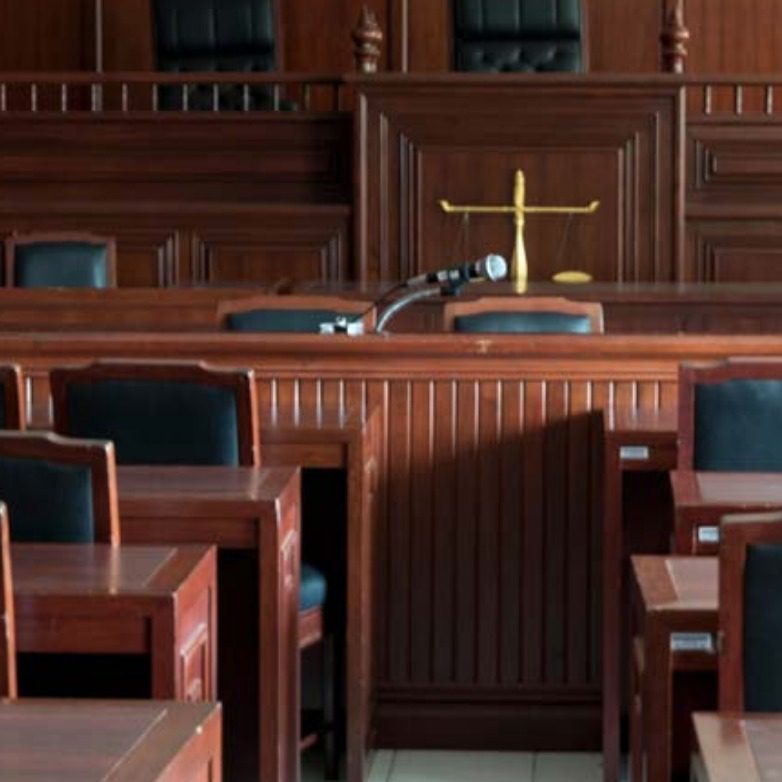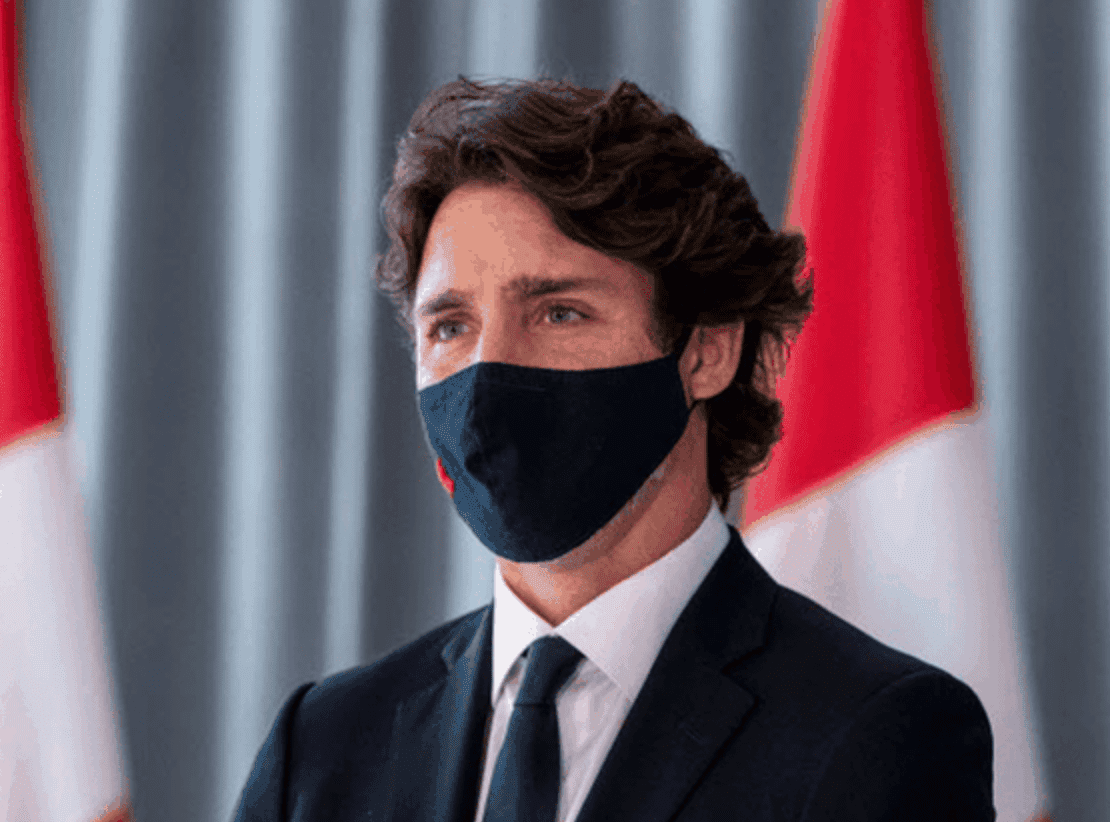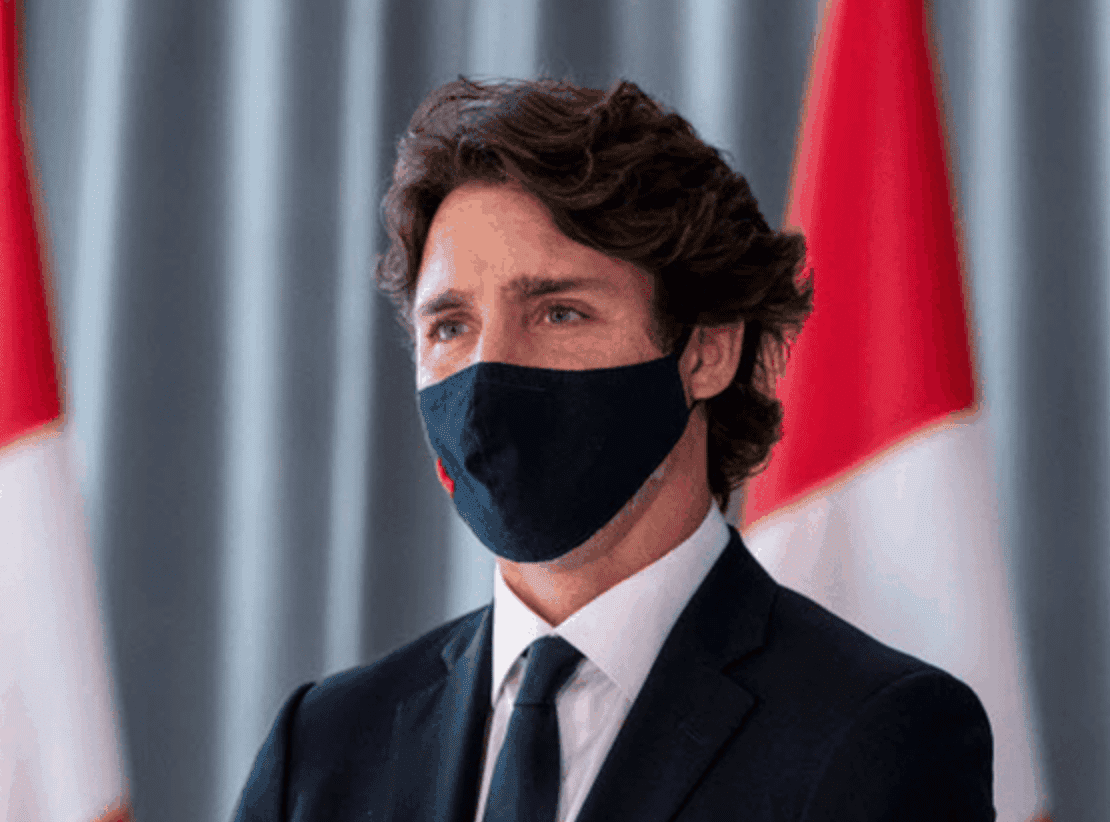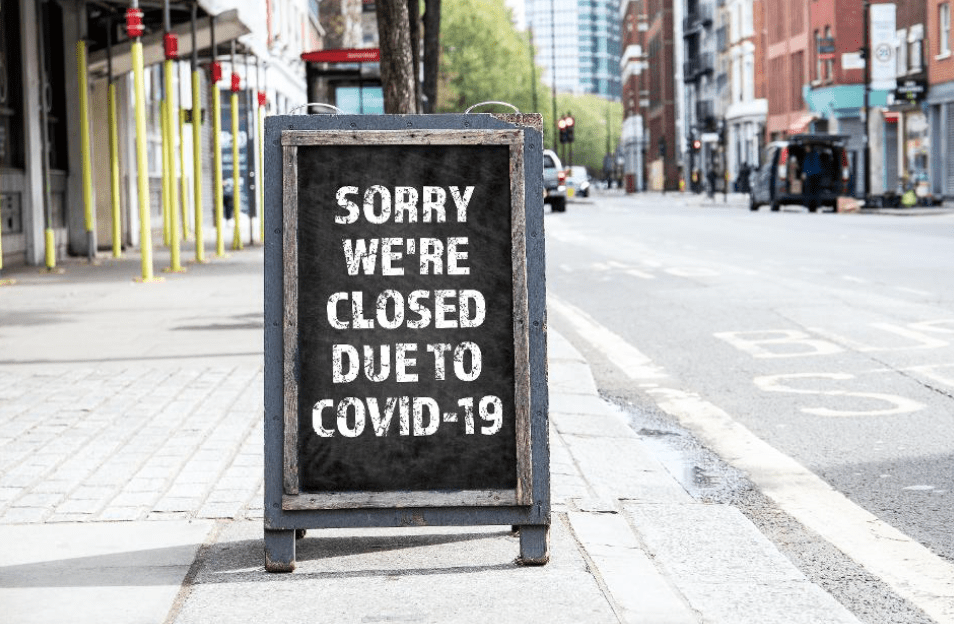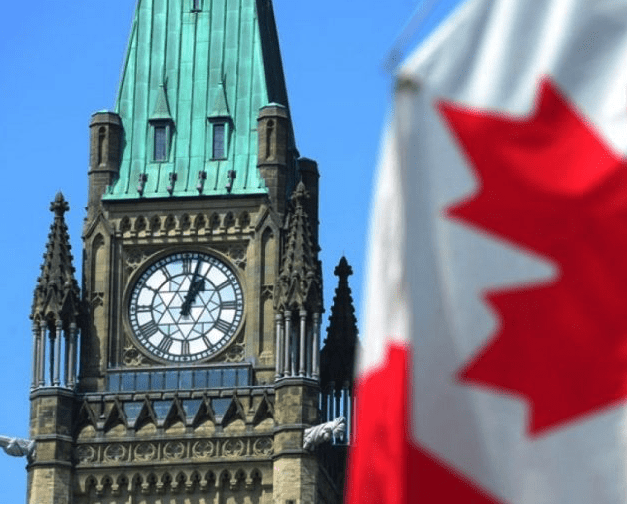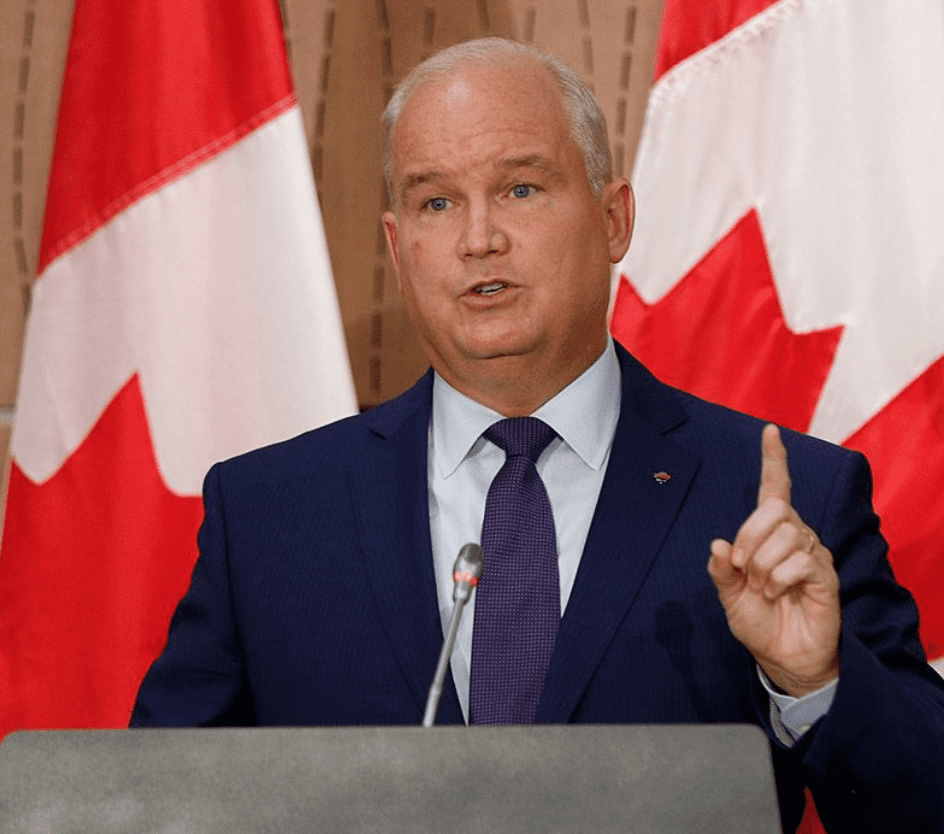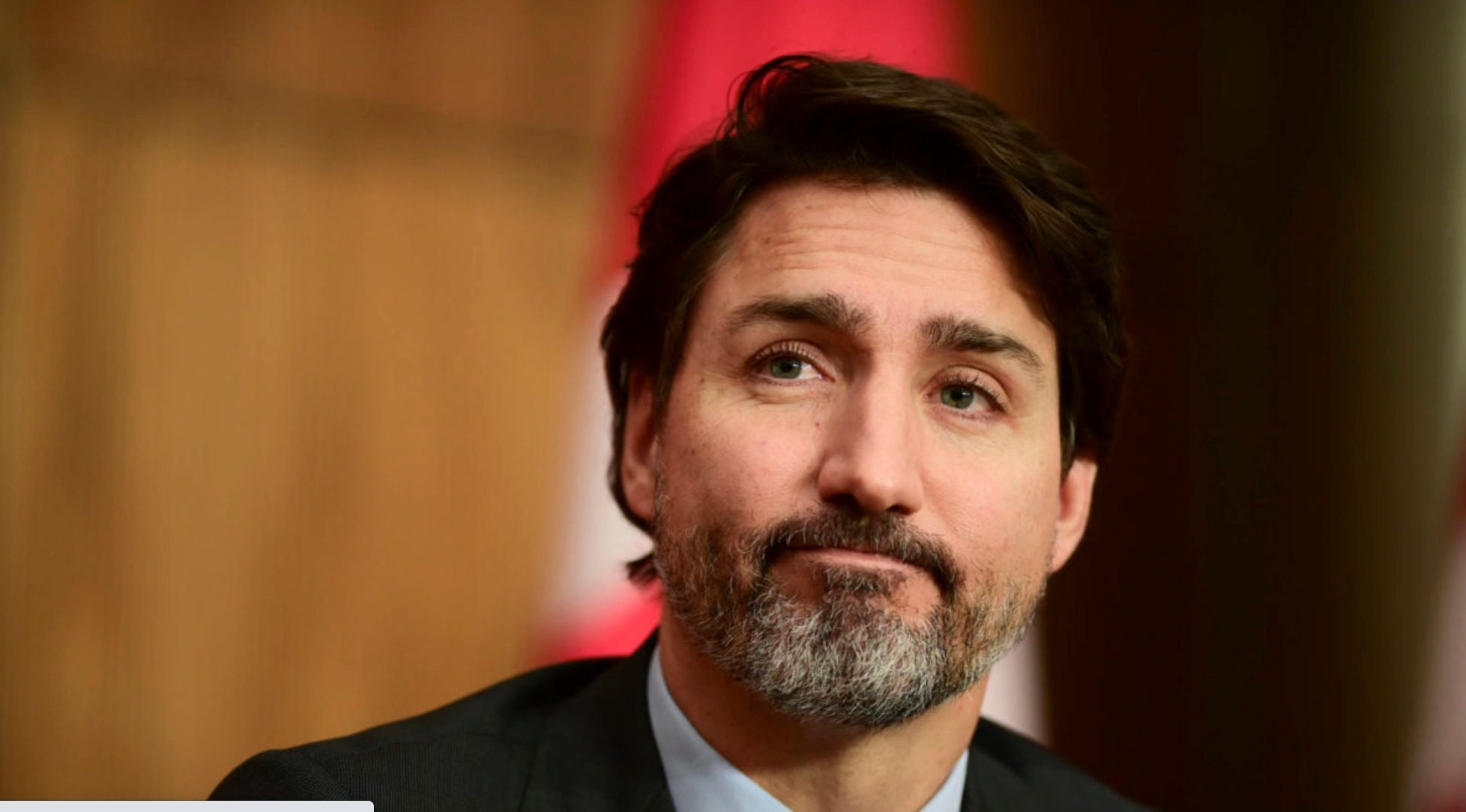By now, you have heard variations of the story that the Liberal government is checking to see whether or not potential judges had donated to the party before they decide to appoint them to the bench. In Question Period on a daily basis come new accusations that the government only appoints its friends to the bench, and that they have rejected applications because those lawyers have ties to Conservatives or separatists. We hear over and over again about the use of the partisan database Liberalist, whose apparent only function is to track donations and whether or not people ordered lawn signs during an election. All of this is of course false, brought about by irresponsible journalism that fails to understand some of the fundamental aspects of Responsible Government, and it has now spiralled into a full-blown moral panic.
The selection of judges has been under some particular partisan back-and-forth over the years, where the Conservatives started tinkering with the Judicial Appointment Committees to ensure that they included police representation, under the rubric that they wanted to ensure that no judges would be appointed that weren't sufficiently tough on crime though one was left to wonder what that had to do with judges who were appointed to specialized courts like family law courts in parts of Ontario, or the Federal Court or Tax Court, who don't deal with criminal law matters. When the Liberals formed government, they made their own changes to these JACs, to ensure a broader range of views, along with a more transparent application process.
To be clear there are still problems with the way in which the Liberals have approached judicial appointments, some of which I have reported on. For a government that is trying to ensure greater diversity on the bench, they have failed to recognize that simply asking more people to apply isn't cutting it, and that the hard-wired notions that people have about the judiciary that it is overwhelmingly straight, white and male means that people who don't fit into that particular box are far less likely to apply. There are more than enough studies out there that prove that women and minorities who don't see themselves in the role won't apply, and even when they are invited to, they need to be asked repeatedly until they do. Hell, the Liberal Party's own recruitment strategy for candidates recognizes this fact and they've put into place a process whereby they will ask qualified women and minorities to run repeatedly until they say yes. The fact that they didn't think to do the same for judicial appointments is mind-boggling.
The irresponsible reporting around the supposed "political vetting" of these judicial candidates both confuses what the application process is, and the underlying reason why PMO vets the short-lists. For starters, those who apply for the bench are evaluated by the JACs in a process that is completely arm's length from government, and only those who are deemed "recommended" and "highly recommended" are forwarded to the Minister. From there, the minister has to look at what each court needs in terms of subject-matter expertise needs which are forwarded by the Chief Justice of each court with vacancies. From there, the minister puts forward those candidates who fit the bill to the PMO, who then do their own vetting, which is the part that is being misconstrued, oftentimes deliberately.
Under our system of Responsible Government, the prime minister is politically accountable for all Governor-in-Council appointments, which includes judges. That means that he or she has an obligation to do the due diligence of ensuring that there is nothing in the background of this candidate that won't become a political embarrassment, because Parliament can theoretically withdraw confidence from a government if they feel that appointments have been made irresponsibly. To that end, these names are subject both to scrutiny by political machinery, but also consultation by MPs, because they tend to be connected to their communities, and may have heard things that won't have been picked up by the JACs when checking professional references. It is out of an abundance of caution, which is not a bad thing. The party does check their Liberalist database as well, but it's a mistake to think that this only contains information on past party donations or lawn signs. Parties have been building these databases with vast amounts of data to build profiles of voters, which is why they are so concerning to Privacy Commissioners. These profiles may have something flagged about these candidates, which the prime minister may need to know about before he puts his own reputation on the line to name them to the bench.
None of this has actually been explained by the various media sources who have taken this non-story and run with it. Relying on leaks, most of which seem to be targeted toward embarrassing a few key staffers (possibly because of their involvement in the drama surrounding Jody Wilson-Raybould), these stories have been deliberately framed in a way that gives the impression that MPs have more sway over who gets to be chosen for the bench than the justice minister, or that certain lawyers were named to the bench solely because they have been party donors, or in one particular case, donated to the minister's nomination race before he was even elected. And based on this context-free reporting that misrepresents how Responsible Government works, we now have the likes of Democracy Watch trying to go to court to overturn the whole system in the name of "judicial independence" (using a different definition than the Supreme Court of Canada does).
Everyone says they want a more independent process, but it's pretty much as independent as we can get under the constraints of Responsible Government without turning it into a complete technocracy run solely by the legal community. And for all of the pearl-clutching over these deliberately torqued stories, nobody wants to say that these judges are only going to ever side with the Liberal government, and nobody is actually suggesting that we ban lawyers from making political donations because they might one day apply to be a judge. This is just a deliberately crafted attempt at creating a scandal where none exists, and it has been stoked so much that we are now in a full-blown moral panic. Add to that, this government's inability to explain the process has just made it worse, while they prefer to pat themselves on the back and tell us how "proud" they are for their "transparent, merit-based process." They are hurting themselves and the judiciary in the process, because waiting for it to just blow over is only going to create more collateral damage.
Photo Credit: Gowlings



